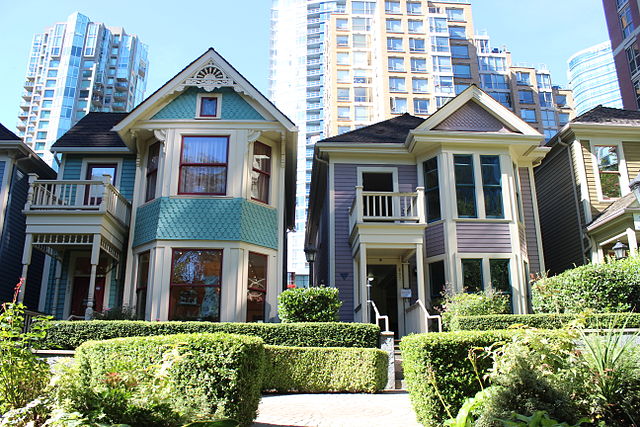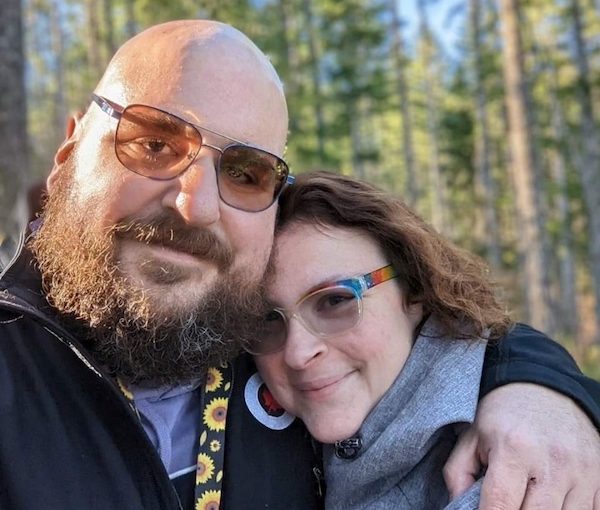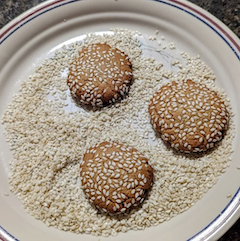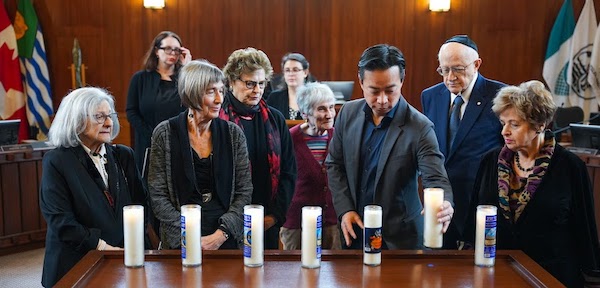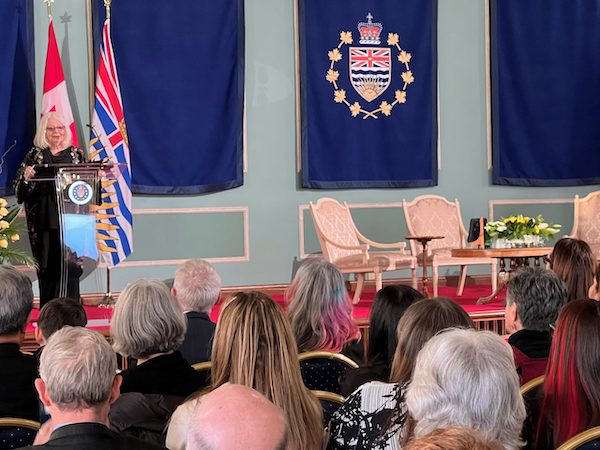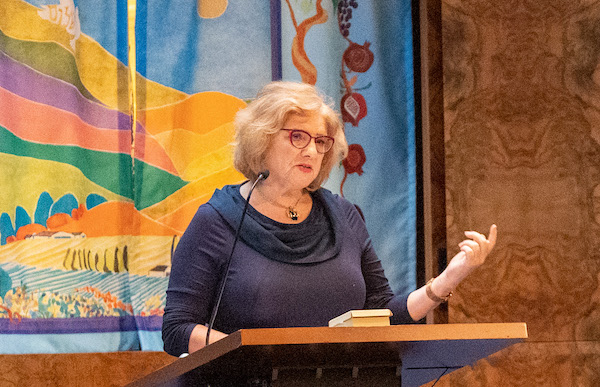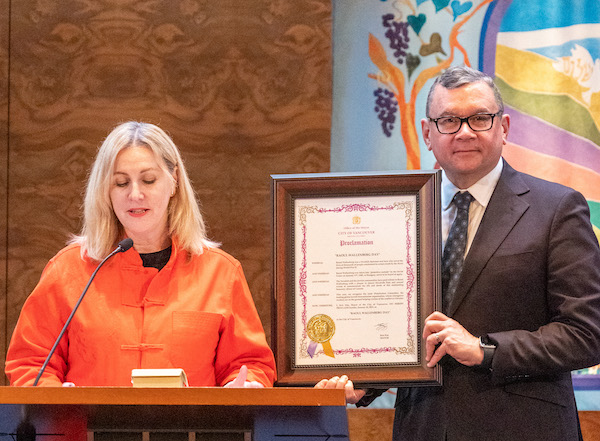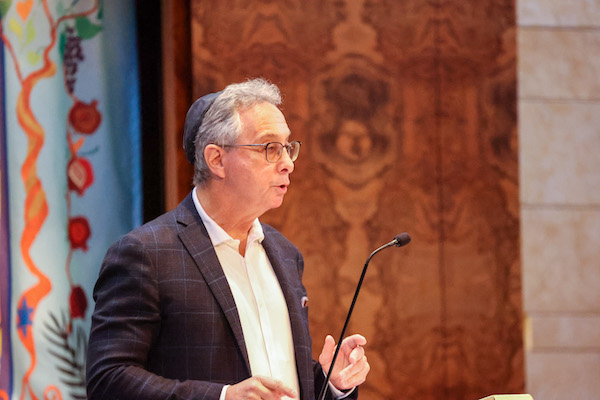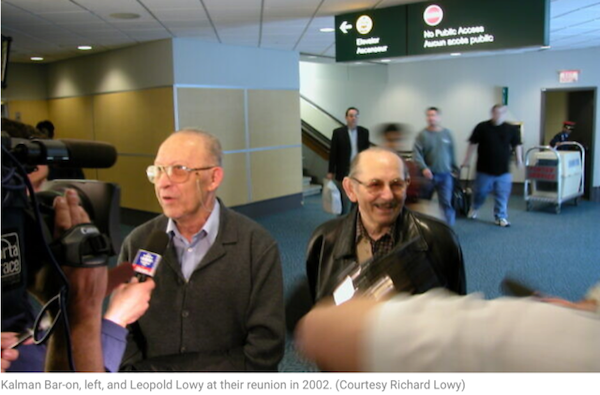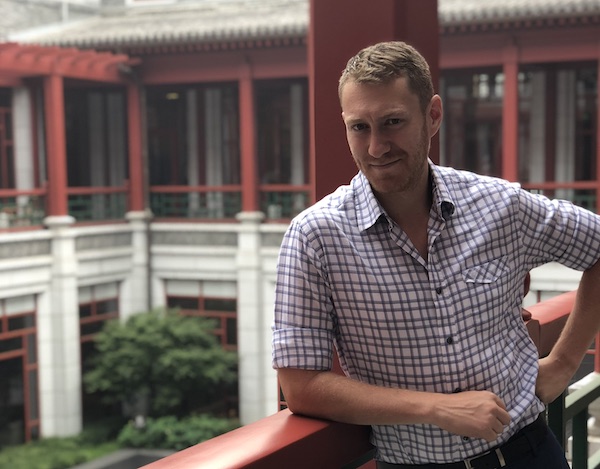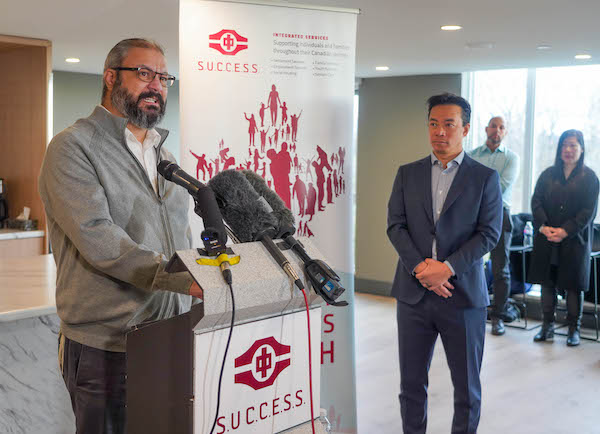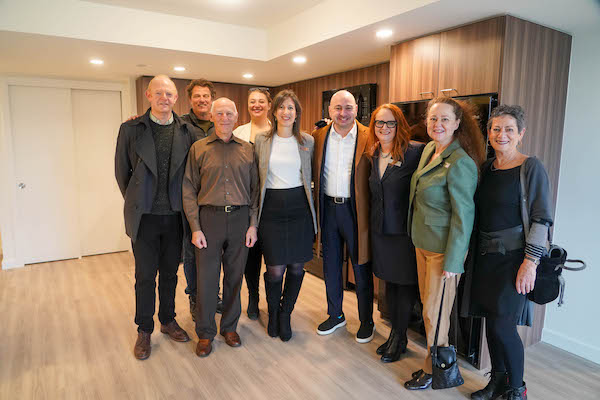(צילום: Sam Gusway)
החל מראשית חודש ינואר, קנדה החלה לאסור על מרבית האזרחים הזרים לקנות נכסים לדיור במשך שנתיים. זאת, במקביל בעלייה בביקושים לעבור לקנדה ממדינות רבות בעולם
למשל: בקיץ האחרון, לאחר שבית המשפט העליון בארצות הברית ביטל את פסיקת (רו נגד וייד) ואת ההגנות הפדרליות על זכותן של נשים לעבור הפלה, נהרו המוני אמריקאים לאתר גוגל והקלידו את השאלה: איך לעבור לגור בקנדה. זאת תוך הקפצת מספר החיפושים בלא פחות משמונה מאות וחמישים אחוז בתוך שעה אחת בלבד. החיפושים של איך להפוך לאזרח קנדי מהשורה זינקו בחמש מאות וחמישים אחוז
ההחלטה לעבור ולהתגורר בקנדה נחשבת מזה זמן רב לתגובה כמעט אוטומטית כאשר המצב הפוליטי המקומי הופך לעגום במספר לא מבוטל של מדינות – כולל ישראל, ולא רק בארצות הברית. בבריטניה למשל נרשם זינוק משמעותי בחיפושים איך לעבור לקנדה במהלך חודש יוני אלפיים ושש עשרה. זאת זמן קצר לאחר פרסום משאל העם שבו הוחלט על פרישתה של בריטניה מהאיחוד האירופי (הברקזיט)
אבל יתכן שממשלת קנדה בשלב זה מערימה קשיים על זרים לרכוש נדל”ן בעת הזו – במדינה השנייה בגדולה בעולם מבחינת שטח (אחרי רוסיה). זאת לאחר שהחל מראשית החודש שעבר (ינואר), נכנס לתוקף בקנדה איסור נרחב למשך שנתיים ימים על רכישת נדל”ן למגורים על ידי מי שאינם אזרחי המדינה
כמו מדינות רבות אחרות בזמן מגפת הקורונה, גם בקנדה נרשם זינוק חד הן במחירי הדיור והן במחירי השכירות לאחר שהריביות על הלוואות צנחו לשפל, וגררו עמן מטה את רמות המלאי בשוק. באלפיים עשרים ואחת בעיצומה של מערכת בחירות קשה, המפלגה הליברלית של ראש הממשלה ג’סטין טרודו, הזהירה כי משבר הדיור במדינה הולך והופך למשבר פוליטי. הביקוש לרכישת בתים בפרט ונדל”ן בכלל בקנדה מושכת ספסרים, תאגידים עשירים, ומשקיעים זרים. כך הכריז אתר קמפיין המפלגה הליברלית. בתים נועדו לאזרחי המדינה ולא למשקיעים. לאחר מערכת בחירות צמודה, באביב האחרון המפלגה הליברלית הציגה בשקט בשקט את החוק החדש והמשמעותי, שאוסר על אזרחים זרחים לרכוש נדל”ן בקנדה
הצעת החוק באה בתגובה לתחושות פוליטיות רווחות, אולם נשמעה אבסורדית. כך אמר ג’קי צ’אן, מייסד ומנכ”ל חברת נדל”ן בייקר-ווסט בעיר ונקובר, שמשווקת דירות יוקרה במגדלי מגורים ברחבי קנדה. אמנם ונקובר וקנדה הן רב-תרבותיות, אולם קיימת תחושה כללית לפיה אסייתים, זרים ומהגרים מגיעים לכאן, קונים נדל”ן, זוללים את ההיצע וגורמים לעליות מחירים. מוסיף עוד צ’אן, שבעצמו נולד בהונג קונג והוא מתגורר בוונקובר כבר קרוב לשלושים שנה. מרבית הזרים שרוכשים נדל”ן אינם משקיעים ספקולנטים. אלה לדבריו מדובר רק במהגרים שקונים בתים כדי להתגורר בהם
מלבד זאת, מספר ממשלות מחוזיות שונות בקנדה כבר נוקטות בצעדים כדי לתת מענה למחירי הדיור הנוסקים. במחוז אונטריו שהוא הגדול בקנדה, הממשלה המקומית העלתה את המס על משקיעים זרים ספקולטיבים המשקיעים בנדל”ן, מעשרים אחוז לעשרים וחמישה אחוז. במחוז בריטיש קולומביה נקבע מס של עשרים אחוז על רוכשי בתים מחו”ל. ונדמה היה כי הצעדים הללו נושאים פרי – השקעות זרות בנכסי נדל”ן נפלו משיא של תשעה אחוזים ממכירות הנדל”ן למגורים ביוני אלפיים ושש עשרה לאחוז בודד ביוני שנה שעברה. זאת, לפי נתוני משרד האוצר של מחוז בריטיש קולומביה. אף יזם שפוי אפילו לא חשב על זה, אמר צ’אן. איזה הגיון יש באיסור הזה
עד אמצע שנה שעברה, המחירים ברחבי קנדה כבר החלו לרדת. אבל ביוני, בלי יותר מדי רעש, האיסור על קונים זרים אושר כחוק. למעשה, הוא חמק כמעט לחלוטין מהעין הציבורית, ואפילו מעיניהם של מומחי נדל”ן רבים. מה גם שטרודו ופוליטיקאים אחרים משום מה כמעט ולא התייחסו בפומבי לחוק מאז שנחקק, והוא זכה לכיסוי מועט באמצעי תקשורת המקומיים בקנדה
ייתכן כי הדבר נבע מכך שהחוק עורר טענות בדבר שנאת זרים. בזמן שמספר המהגרים לקנדה שובר שיאים – נתונים שפורסמו באוקטובר חשפו שמהגרים מהווים כעת כמעט רבע מהאוכלוסייה המקומית, כאשר הרוב המכריע מגיעים ממדינות הודו וסין. לדברי מספר וותיקים בענף הנדל”ן המקומי יש לכך קשר שמהגרים או משקיעים זרים ספגו הרבה מהאשמה למשבר הדיור ועליית המחירים, וזה היה נושא פוליטי גדול. כך אמר ברנדון אוגמונדסון, הכלכלן הראשי של איגוד הנדל”ן של מחוז בריטיש קולומביה. אך יש לזכור שמגיפת הקוביד חסמה כמעט לחלוטין, את הגישה לרכישת נדל”ן בבריטיש קולומביה על ידי משקיעים זרים. המחירים עדיין שברו שיאים חדשים, שכך שהוכח שהשחקנים הזרים אינם משמעותיים בשוק הנדל”ן המקומי. ולכן לאיסור החדש לא תהיה השפעה על הענף
בסוף שנה שעברה (שישה חודשים לאחר שהחוק נחקק) הממשלה הפדרלית פרסמה את התקנות לגבי אכיפת החוק והפטורים ממנו. למשל: החוק החדש אינו חל על בתי נופש באזורי קייט. בנוסף פטורים ממנו למשל רוכשי בתים בעלי מעמד של תושבים בקנדה, פליטים, זרים שנושאים לבני זוג קנדיים, אזרחים זרים שרוכשים בתים צמודי קרקע עם לפחות שלוש יחידות דיור. כמו גם סטודנטים זרים הלומדים בקנדה, ועוברים זרים בעלי רשיונות לעבוד בקנדה
יש הטוענים כי התקנות החדשות לא מספקות מענה הולם לדקויות החוק. אין בחוק החדש הבהרות משמעותיות. כך אומר סטיבן קריין, נשיא ומנכ”ל חברת סי.אי.אר.סי. שמייעצת לחברות בנושאי ניידות כוח אדם בשוק העבודה ורילוקיישן של עובדים זרים. משרדי תיווך טוענים כי חוסר הבהירות הזו גורמת בעצם לשיתוק בשוק. במקום למהר להספיק לקנות לפני כניסת החוק לתוקף, מרבית הקונים הזרים צפויים פשוט להמתין לתפוגת החוק בעוד שנתיים ימים. הלקוחות שלנו נמצאים בעמדת המתנה. כך אומרת ליזה קאופמן, מייסדת ושותפה במשרד התיווך סותביס אינטרנשונל רילטי בעיר מונטריאול שבמחוז קוויבק. לדבריה כאשר הלקוחות הזרים שומעים שאפילו המומחים בענף לא מצליחים להבין את החוק החודש, הם פשוט מעדיפים לוותר בעת הזו. קאופמן אומרת שרק לקוח בודד אחד שלה שהוא פנסיונר הגר בארצות הברית (ולא מוכן לחשוף את זהותו), הזדרז ורכש דירת נופש במונטריאול לפני כניסתו לתוקף של האיסור החדש – האוסר רכישת נדל”ן בקנדה על ידי זרים
בה בעת, בערים הגדולות של קנדה נרשמה ירידה במספר הקונים הזרים בשוק. באזור מטרו טורונטו למשל שיעור השתתפות הזרים בשוק הוא, לכל היותר בין שלושה אחוזים לשישה אחוזים. כך טוען קווין קריגר, נשיא מועצת ארגון חברות הנדל”ן של אזור טורונטו. בשיעור ההשקעה הנוכחית של זרים בנדל”ן המקומי, החוק החדש חסר משמעות אם מסתכלים על התמונה הגדולה של הענף, מוסיף קריגר
אבל כעת נראה כי קונים בינלאומיים חדשים לא ממהרים לשום מקום, ומוכנים להמתין עד לסיום תקופת האיסור בת השנתיים. פאולין אונגר ממשרד התיווך רויאל לפייג’ אדוונטג’ בעיר סמיתס פולס במחוז אונטריו, אומרת כי נרשם זינוק בפעילות הקנייה, לאחר הפרסום הראשוני בדבר החוק החדש בחודש אפריל. מאז, לדבריה, הלקוחות מחכים להנחיות, אבל לא קונים. זה במידה רבה מצב הנוכחי – והוא להמתין ולראות מה יקרה

